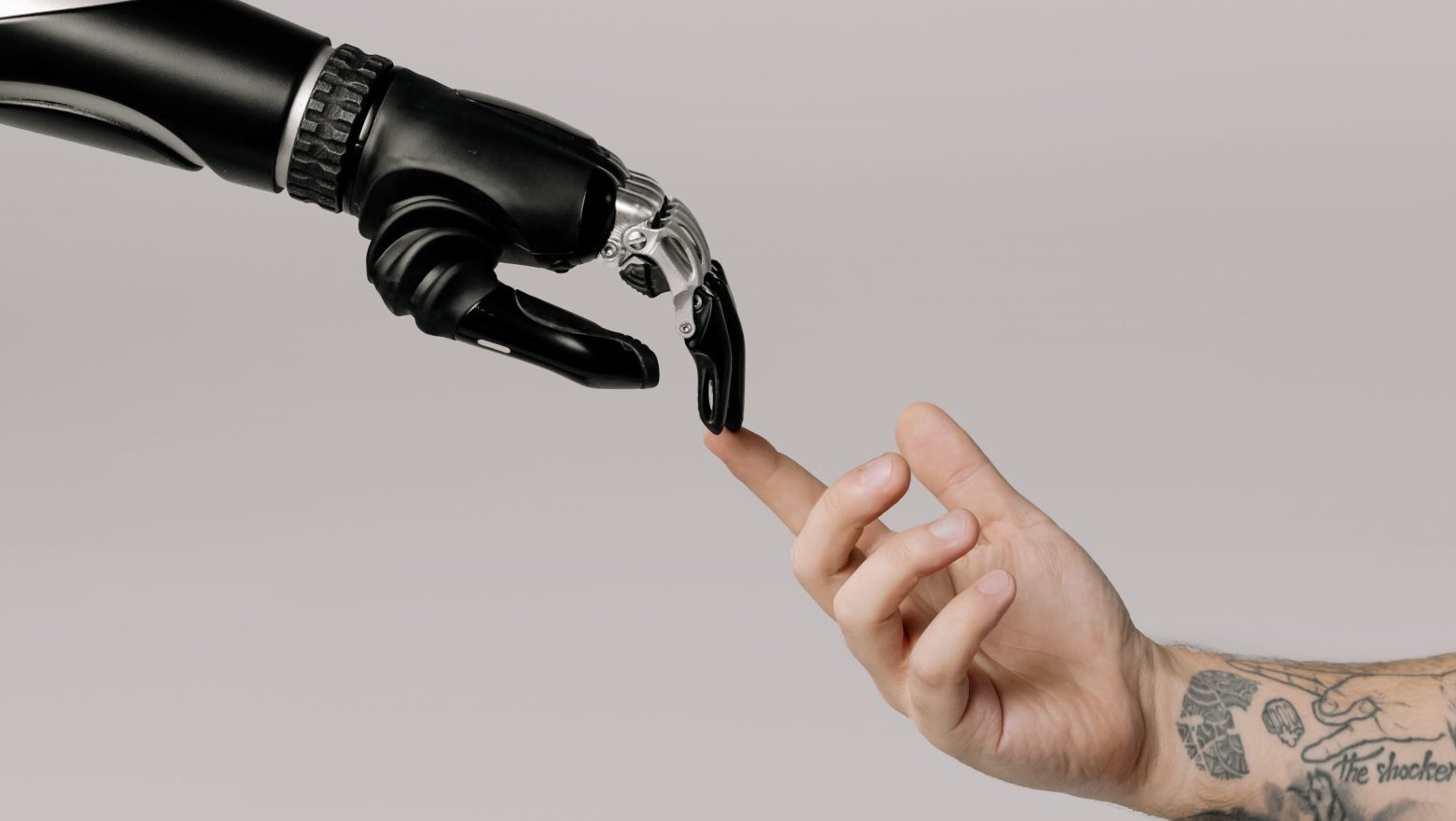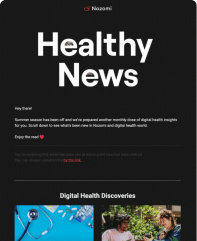What is data analytics in healthcare?
Well, picture this: you’ve got this massive pile of healthcare data—like electronic health records, medical images, and insurance claims—all tangled up and messy. Data analytics swoops in like a superhero to untangle the mess, finding patterns and trends that help us make smarter decisions.
So, what is data analytics in healthcare? The impact of data analytics in healthcare is about using fancy tools like machine learning and AI to sift through all that data and find the golden nuggets of information. Why bother? Because it can help us improve patient outcomes and slash healthcare costs. Plus, it gives us the inside scoop on how to use our resources more efficiently.
Now, let’s break it down. There are four main types of healthcare data: descriptive, prescriptive, predictive, and discovery. Each one serves up a different flavor of insight, helping us understand what’s happened, what to do next, and what might happen down the road.
So, by diving into all these different types of data analytics for healthcare providers can really get to know their patients inside and out. They can learn from the past, make smart choices in the present, and even peek into the future. It’s like having a crystal ball for healthcare—minus the mystical vibes.
Let’s talk about the perks of big data analytics healthcare
Importance of data analytics in healthcare: you’ve got a whole community to look after. Population health management swoops in like a superhero, using data magic to spot health risks before they blow up. By catching issues early, we can keep everyone healthier and happier.
Ever wished you could predict the future? Well, data analysis gets pretty close. Researchers dive into mountains of medical data to spot early signs of diseases like sepsis. With a heads-up from data alerts, doctors can swoop in with life-saving treatment, like real-life superheroes.
Imagine medicine tailored just for you—like a custom-made suit. That’s the magic of big data analytics healthcare. By crunching numbers on your genes, lifestyle, and more, doctors can whip up treatments that fit you like a glove. It’s not just better health; it’s feeling like your care is as unique as you are.
Nobody likes a hospital encore. Luckily, data analysis can help keep patients from making repeat trips. Smart algorithms sift through patient records, spotting red flags that could lead to readmissions. Armed with this info, healthcare teams can swoop in with targeted plans to keep patients on the mend for good.
Let’s talk about staff vibes. Data analysis isn’t just for patients—it’s for the folks taking care of them too. By peeking at staff performance numbers, hospitals can spot areas where a little extra support could make a big difference. Plus, it helps keep the team running smoothly, like a well-oiled machine.
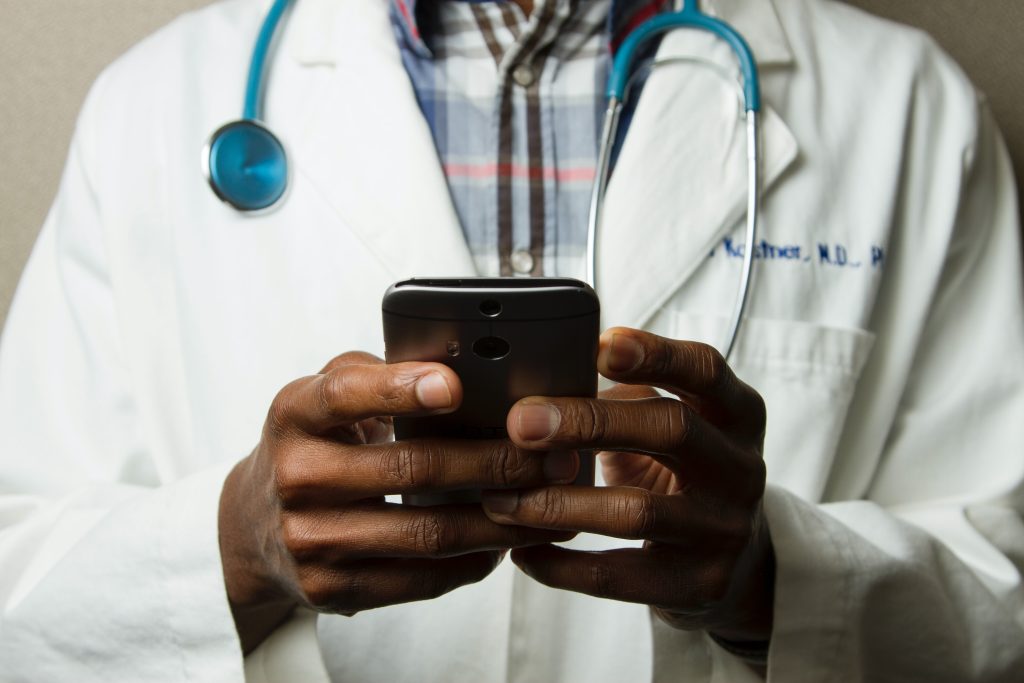
Benefits of data analytics in healthcare
Let’s break it down into easy-to-digest points:
- Personalized care: think of it like getting a tailored suit made just for you. Data analytics helps doctors customize treatment plans based on your unique health history, lifestyle, and even genetic makeup.
- Preventative medicine: it’s like having a crystal ball that can predict health issues before they happen. By analyzing patterns in data, healthcare providers can spot trends and take proactive steps to keep you healthy.
- Community wellness: picture a neighborhood watch, but for your health. Data analytics helps health organizations identify and tackle health issues affecting whole communities, making everyone safer and healthier.
- Efficient operations: imagine a well-oiled machine that runs smoothly. Data analytics for healthcare providers helps hospitals and clinics optimize everything from staffing to resource allocation, ensuring you get the care you need when you need it.
- Informed decisions: it’s like having a trusted advisor by your side. With data-driven insights, doctors can make better decisions about your care, leading to better outcomes and happier patients.
- Reducing the costs: data analytics in healthcare is revolutionizing patient care and management. For instance, Corewell Health’s recent initiative using predictive analytics helped prevent 200 patient readmissions, resulting in $5 million in cost savings. This significant financial impact underscores the value of data-driven insights in improving health outcomes and reducing costs.
So, whether it’s creating personalized treatment plans or keeping entire communities healthy, the benefits of data analytics in healthcare is like a superhero for healthcare, making our lives better one data point at a time.
How does data analytics help healthcare
Picture this: you’re digging into hospital data, but it’s like panning for gold in a muddy river. Yup, poor data quality can really muck things up. But fear not! Regular data check-ups and a dash of AI magic can help clean up the mess and spot patterns faster than you can say “data analysis.”
Now, let’s talk about privacy. Healthcare data is as sensitive as a secret recipe, so keeping it under lock and key is crucial. How? By sticking to privacy rules like GDPR, training staff on data security, and keeping an eagle eye on potential threats. Safety first, right?
How does data analytics help healthcare? Well, that’s how it feels trying to integrate data from different systems in healthcare. Plus, getting everyone on board with new analytics tools can feel like herding cats. But with a little patience and some good old-fashioned education, we can get everyone singing from the same data-driven hymn sheet.
Last but not least, let’s talk about expertise. Crunching healthcare data isn’t for the faint of heart—it takes serious know-how. But fear not! With the right training and maybe a few apprenticeships, we can fill that expertise gap faster than you can say “data whiz.”
Who’s diving into the data analytics healthcare industry?
Well, it’s a real team effort from data analytics healthcare companies! Let’s break it down:
- Health data analysts: these folks are like the Sherlock Holmes of healthcare, using data to crack cases and improve patient care. From spotting high-risk patients to tracking how diseases spread, they’re on it!
- Researchers: think of them as the scientists in the lab, analyzing data to uncover disease patterns and discover new treatments. They’re the ones hunting for breakthroughs that could change lives.
- Administrators: picture them as the masterminds behind the scenes, using data to streamline operations and keep things running smoothly. From staffing schedules to budgeting, they’re the glue that holds it all together.
- Policymakers: these are the decision-makers, using data to shape healthcare policies and allocate resources where they’re needed most. They’re the ones steering the ship and charting the course for the future of healthcare.
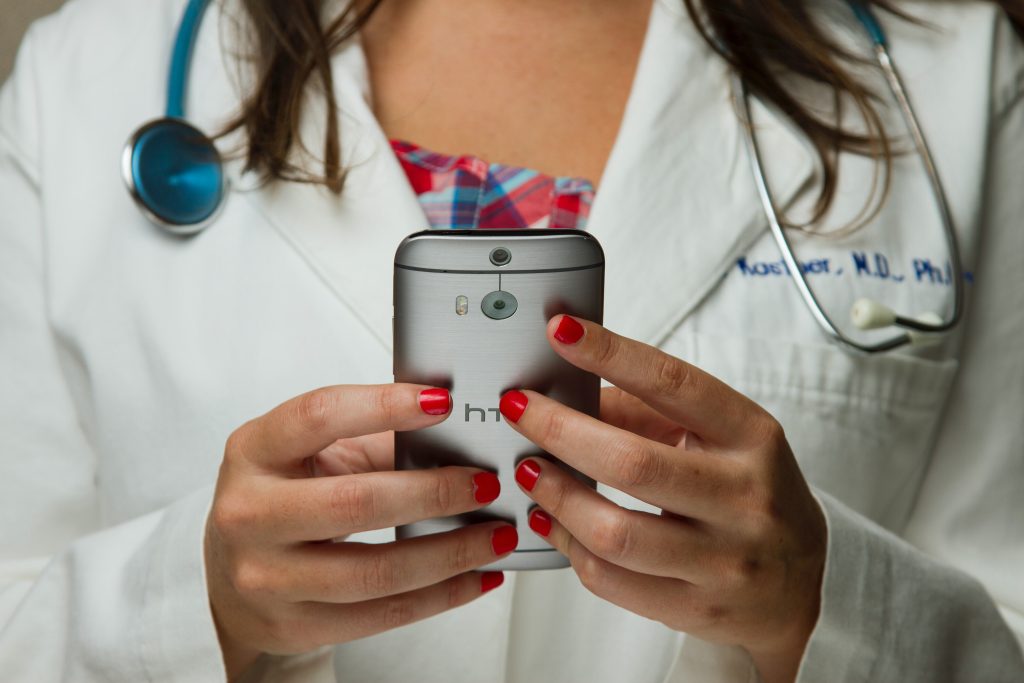
Use of data analytics in healthcare
Healthcare data analytics software is like a Swiss Army knife for the medical world, packed with tools to dissect and decipher mountains of data. Here’s the lowdown on what it brings to the table:
- Data collection: the first from data analytics in healthcare examples. Think of it as a digital sponge, soaking up information from electronic health records (EHRs), medical devices, lab results, and more. It’s all about gathering every last drop of data to build a comprehensive picture of patient health.
- Data processing: once the data is in, it’s time to whip it into shape. This software cleans, organizes, and standardizes the data, making it easier to work with. It’s like a data valet, tidying up the mess and getting everything ready for analysis.
- Data analysis: here’s where the magic happens. The software crunches the numbers, running complex algorithms to uncover patterns, trends, and insights hidden within the data. It’s like having a supercharged brain that can spot anomalies and predict outcomes with uncanny accuracy.
- Visualization: the next use of data analytics in healthcare. Numbers can be pretty dry on their own, so this software brings them to life with colorful charts, graphs, and dashboards. It’s like putting on 3D glasses and seeing the data in a whole new dimension, making it easier to spot trends and communicate findings.
- Predictive modeling: ever wish you had a crystal ball to see into the future? That’s where predictive modeling comes in. Using historical data, the software can forecast future trends, anticipate patient needs, and even identify potential health risks before they become problems.
- Decision support: and the last data analytics in healthcare examples. Armed with all this data and analysis, healthcare providers can make more informed decisions about patient care, treatment plans, and resource allocation. It’s like having a trusted advisor whispering in your ear, guiding you toward the best course of action.
In a nutshell, healthcare data analytics software is like having a team of data wizards at your fingertips, unlocking the secrets hidden within the vast sea of medical data.
Applications of data analytics healthcare industry
Let’s dive into the fascinating world of data analytics in healthcare and explore how it’s revolutionizing the way we receive care and stay healthy.
- Personalized patient care: imagine having a healthcare plan tailored specifically to your needs, like a custom-made suit that fits just right. With data analytics, healthcare providers can analyze your medical history, genetic information, lifestyle factors, and even social determinants of health to create personalized treatment plans. It’s like having a healthcare genie that grants your every health wish!
- Early disease detection: they say that prevention is better than cure, and data analytics agrees! By crunching vast amounts of data from various sources, including electronic health records, medical imaging, and wearable devices, healthcare professionals can spot potential health issues before they escalate. It’s like having a health guardian angel watching over you, whispering warnings of impending health storms before they strike.
- Predictive medicine: ever wish you had a crystal ball to foresee your health future? Well, data analytics in healthcare can be the next best thing! By analyzing trends and patterns in healthcare data, predictive analytics can forecast the likelihood of certain diseases or medical events. It’s like having a weather forecast for your health, helping you prepare for whatever health conditions may come your way.
- Streamlined operations: healthcare systems are like well-oiled machines, with data analytics serving as the engine that keeps everything running smoothly. By optimizing workflows, resource allocation, and patient flow, data analytics helps healthcare organizations operate more efficiently and effectively. It’s like having a GPS for healthcare, guiding providers to the most efficient routes for delivering care.
- Research and development: in the quest for medical breakthroughs, data analytics in healthcare is a powerful tool for researchers and scientists. By analyzing massive datasets, researchers can identify trends, uncover new insights, and accelerate the development of innovative treatments and therapies. It’s like having a treasure map for medical discoveries, leading researchers to hidden gems of knowledge that could change the face of healthcare forever.
And about data analytics apps…
We’re a digital health product studio dedicated to revolutionizing healthcare digital experiences and setting new benchmarks for delivering digital healthcare that genuinely improves lives.
We specialize in assisting healthcare startups in crafting and refining digital products, as well as guiding healthcare organizations through transformative changes.
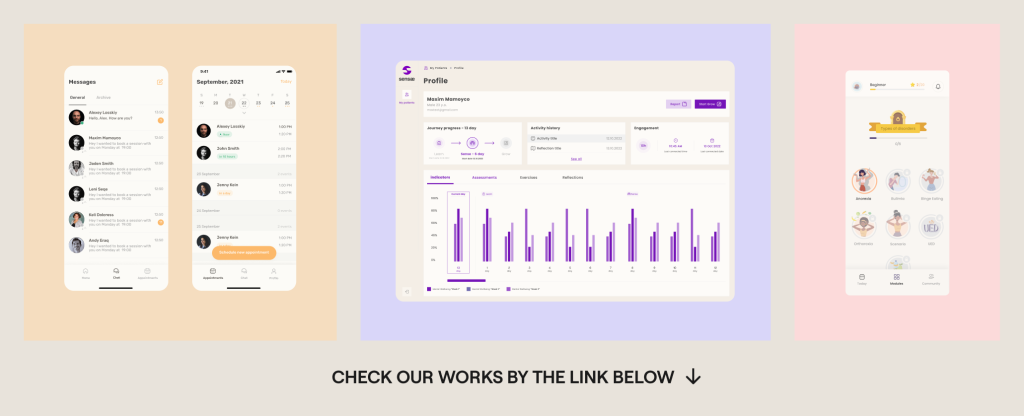
Explore our portfolio, packed with case studies of innovative mHealth applications, at: https://studio.nozomihealth.com/work
Have questions or want to chat? Drop us a line at m@nozomihealth.com, and let’s discuss how we can bring tangible benefits to your product.



